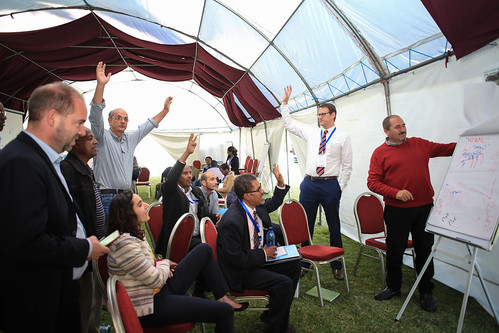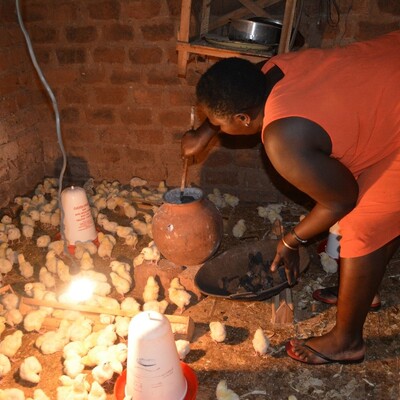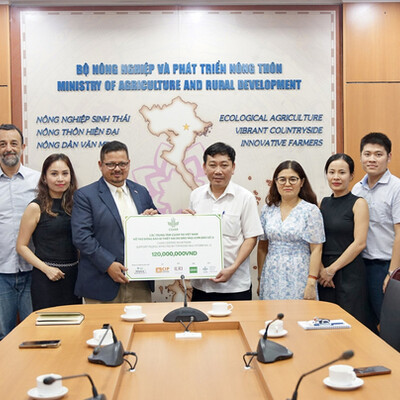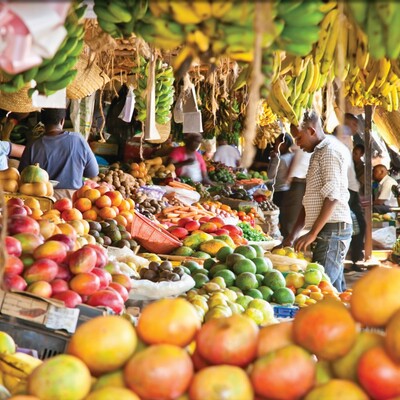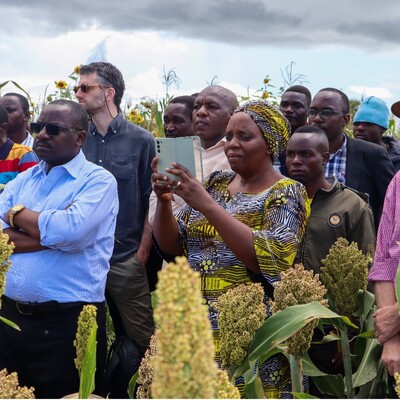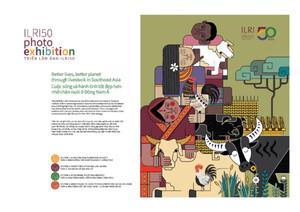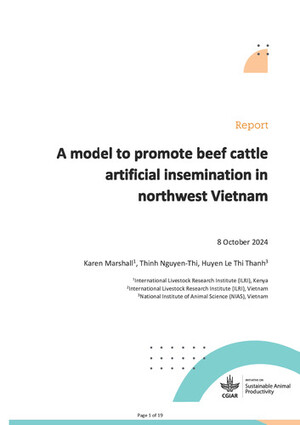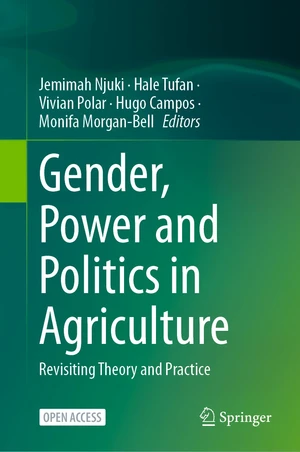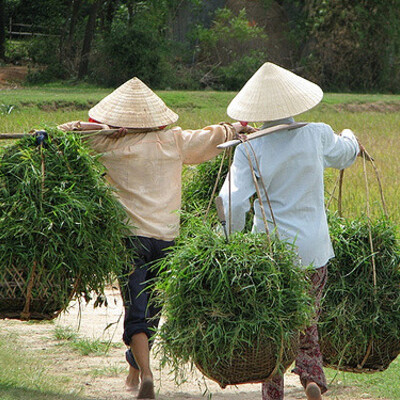
When event support moves into strategic process support
The communication and knowledge management (CKM) team of the International Livestock Research Institute (ILRI) recently supported the process leading to and facilitated a ‘national coordination and experience sharing forum (NCESF) in the area of food security and resilience building programs in Ethiopia’.
This forum, the fourth in a series that started after the La Niña emergency responses in 2010-11, was run the Food and Agriculture Organization of the United Nations as part of the European Commission-funded ‘EC-SHARE’ project. The main objective of the forum was chiefly to identify major gaps and overlaps in the coordination of resilience-building initiatives in Ethiopia. It zoomed in on four distinct issues: a) national coordination mechanisms, b) subnational coordination mechanisms, c) knowledge management and d) gender.
Initial connections, through an unexpected route
After a serendipitous December 2015 meeting over breakfast at the ILRI campus, initial conversations and interests to collaborate to support the forum materialized when ILRI’s CKM team was invited to join the process and attend the first ‘technical coordination committee’ meeting in June 2016. The idea was to draw on ILRI’s experience in knowledge management. One small result was brief ILRI presentation at the forum itself (see below). More substantially, ILRI staff were hired as the facilitation team for the event, and much of the preceding process (Ewen Le Borgne and Tsehay Gashaw).
Expanding from thematic support to event support and strategic process support
The mini-project that bound the ILRI team with FAO was much wider than the typical ‘event support’ that we often provide to ILRI projects and partners. It comprised:
- Reviewing previous similar forums to draw in lessons and insights;
- Providing methodological and design support to the six regional forums that led to the NCESF;
- Supporting the parallel working groups and documentation of the technical coordination meetings;
- Setting up communication structures to document and share information among coordination team members;
- Providing event design (agenda) and facilitating the forum – which was hosted on 7-8 December 2016 on the ILRI Campus in Addis Ababa, Ethiopia
- Preparing templates used by the regional and national forums;
- Organising ‘process documentation’ of the entire process, since it followed a participatory and ‘utilisation focus’ as desired by project coordinator Carlos Rodriguez-Ariza;
- Reviewing the outputs of the regional forums to identify inputs to the national forum;
- Organizing an evaluation of the forum by the participants;
- Developing the forum proceedings and collecting all raw documentation (captured on the ILRI events wiki)
- Hosting a meeting with the coordination team to review the entire process leading to the forum and to help devise the next steps.
Compared with a typical event that ILRI CKM supports (see here a list of events supported), this was very intensive, time-consuming, and spanned documentation, knowledge and information management, facilitation, writing and editing, (graphic) design support and rapporteuring.
At a wider level, it was also very positive as in connected ILRI with important local actors from government and the international community. The whole process also helped build stronger relationships with organizations likely to be involved in ongoing processes to develop more integrated and coordinated CGIAR engagement with Ethiopia’s agricultural (research and development) system.
According to participant feedback, the Forum was successful (the overall value of the meeting was ranked ‘very good’; participants also enjoyed the ILRI venue, scoring 7.3/10 and the facilitation, scoring 8.1/10). The FAO team are now taking forward the longer term process to strengthen the coordination of resilience building initiatives.
CKM lessons learned
Overall, a major lesson is that time invested in such a time-intensive process with partners will also pay off in terms of positive relationship building and political engagement. More specifically:
- Time: The entire job took longer than planned and contracted, not least because of the complexity of the process chosen by the FAO team, which required strong design and facilitation skills.
- Sharing responsibilities: Looking back, there should have been a dedicated ‘documentation’ team from the start of the process to take notes at coordination meetings and at the Forum. A few documentation results were lost and others came very late in the process of compiling proceedings. Similarly, there could have been more attention and a team dedicated to the visibility of the event. A web presence from FAO was expected but was not realised (a page on the ILRI wiki was set up as an interim solution).
- Sharpen the conceptual framework earlier: The conceptual framework underpinning the forum process was developed rather late and led to many conceptual discussions among coordination team members, who questioned among others the division between the parallel groups, the (very sensitive) definition used for resilience, coordination etc. It would have greatly helped to have this conceptual framework sharpened earlier to avoid confusion, which even led to some process issues in terms of organising the groups physically at the forum.
- Limit the (size of the) coordination team: Until quite late in the coordination process, new people were invited into the process and they kept asking what was the purpose of the forum etc. Instead, it would have been great to have a smaller coordination group that can quite easily take some decisions about various issues.
- Dedicated resources to engagement with government: This was, from the feedback gathered in the evaluation, one of the weak points from the entire process. It would have helped to have someone in the technical coordination committee to engage specifically with the government to ensure strong representation.





